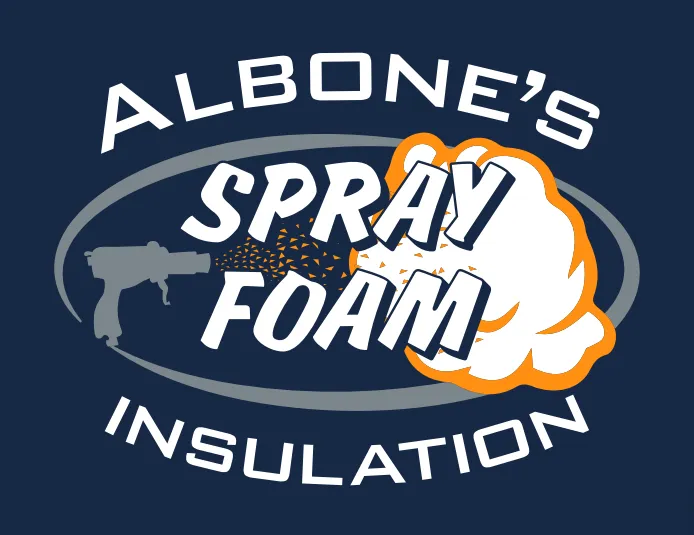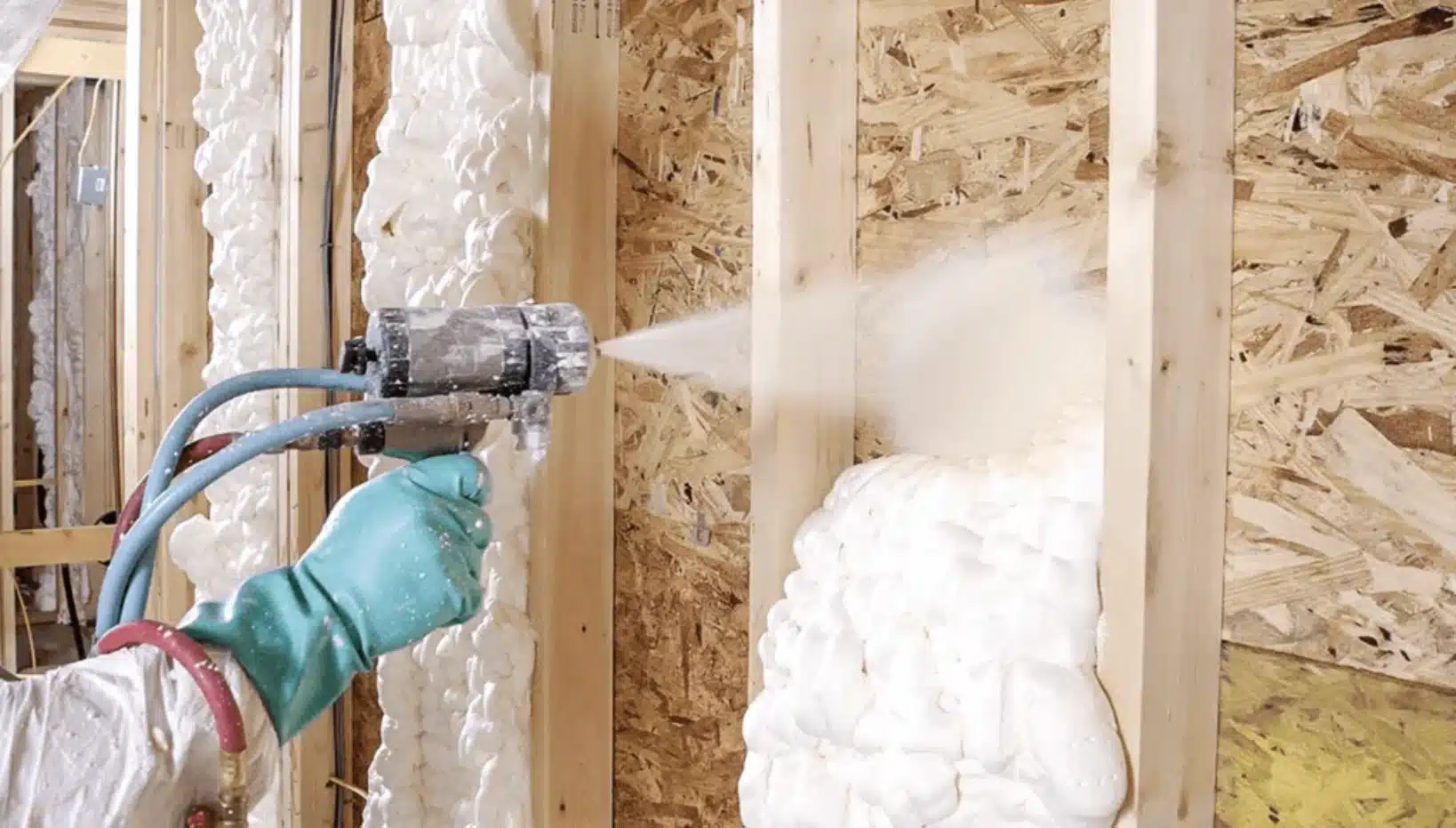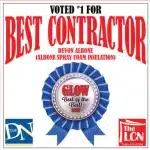Introduction
Choosing the right insulation for a home in Brockport, NY can significantly impact energy efficiency, indoor comfort, and long-term savings. Two of the most common insulation options are spray foam and fiberglass. Each has distinct advantages and limitations that homeowners should consider before making a decision.
This guide explores the differences between spray foam and fiberglass insulation, comparing factors such as cost, performance, durability, and environmental impact. By the end, homeowners will have the information needed to choose the best insulation for their needs.
Understanding Insulation and Its Role in Homes
Insulation is a crucial component of any home’s structure. It helps maintain indoor temperatures by reducing heat transfer between the interior and exterior. Proper insulation lowers energy bills, enhances comfort, and reduces strain on heating and cooling systems.
Brockport experiences cold winters and warm summers, making high-quality insulation an essential investment. Factors such as R-value, air sealing capabilities, and longevity should be taken into account when selecting insulation.
Spray Foam Insulation: Features and Benefits
What Is Spray Foam Insulation?
Spray foam insulation is a liquid polyurethane or polyisocyanurate material that expands when applied, forming a solid, airtight barrier. It is available in two types:
- Open-cell spray foam: Lightweight and flexible, allowing some air and moisture permeability.
- Closed-cell spray foam: Denser and more rigid, offering superior insulation and moisture resistance.
Advantages of Spray Foam Insulation
- High R-Value: Spray foam has one of the highest R-values per inch, ensuring excellent thermal resistance.
- Air Sealing: Unlike fiberglass, spray foam creates an airtight seal, preventing drafts and heat loss.
- Moisture Resistance: Closed-cell spray foam repels water, reducing mold risks.
- Longevity: Spray foam lasts for decades without sagging or settling.
- Energy Efficiency: Helps lower heating and cooling costs due to its superior insulation properties.
Considerations Before Choosing Spray Foam
- Higher Initial Cost: The upfront cost of spray foam is higher than fiberglass.
- Professional Installation Required: Proper installation is essential to achieve optimal results.
- Potential Off-Gassing: Some formulations may emit odors during curing, though this dissipates over time.
Fiberglass Insulation: Features and Benefits
What Is Fiberglass Insulation?
Fiberglass insulation consists of fine glass fibers woven into batts, rolls, or loose-fill forms. It is one of the most commonly used insulation materials in homes across the U.S.
Advantages of Fiberglass Insulation
- Lower Initial Cost: Fiberglass is one of the most affordable insulation options.
- Readily Available: Found in most hardware stores and widely used in residential construction.
- Easy Installation: Can be installed by homeowners or professionals without specialized equipment.
- Fire Resistant: Non-combustible and does not contribute to fire spread.
Considerations Before Choosing Fiberglass
- Lower R-Value per Inch: More material may be required to achieve the same insulation performance as spray foam.
- Air Leakage: Fiberglass does not create an airtight seal, allowing heat transfer and drafts.
- Moisture Absorption: Can retain moisture, leading to mold growth and reduced effectiveness.
- Settling Over Time: Batts may sag or degrade, requiring maintenance or replacement.
Comparing Spray Foam and Fiberglass Insulation
| Feature | Spray Foam | Fiberglass |
|---|---|---|
| R-Value per Inch | Higher (Closed-cell: ~6.5, Open-cell: ~3.5) | Lower (~2.2-3.8) |
| Air Sealing | Excellent | Poor |
| Moisture Resistance | High (Closed-cell) | Low |
| Lifespan | 20+ years | 10-15 years |
| Installation | Professional Required | DIY or Professional |
| Cost | Higher | Lower |
| Environmental Impact | Reduced energy usage, some formulations eco-friendly | Recyclable but may require more material |
Choosing the Right Insulation for Your Home
When selecting insulation for a home in Brockport, NY, consider these factors:
- Budget: Spray foam requires a higher investment upfront but offers long-term savings. Fiberglass is more affordable initially but may need replacement sooner.
- Climate Needs: Brockport’s cold winters and warm summers make energy efficiency a priority. Spray foam provides better air sealing, making it more effective in extreme weather conditions.
- Moisture Control: If moisture resistance is a concern, closed-cell spray foam is a better choice than fiberglass.
- DIY vs. Professional Installation: Fiberglass can be installed by homeowners, while spray foam requires specialized equipment and expertise.
Why Professional Installation Matters
While fiberglass insulation may be a DIY-friendly option, proper installation is key to maximizing its effectiveness. Spray foam, on the other hand, requires precise application to ensure safety and efficiency.
Get Expert Help for Your Insulation Needs
For homeowners looking to improve energy efficiency and comfort, Albone’s Spray Foam provides expert insulation services. With professional installation and high-quality materials, our team ensures long-term performance. Call (585) 560-1369 or email [email protected] to discuss your insulation project.
Conclusion
Both spray foam and fiberglass insulation have benefits and drawbacks. Homeowners in Brockport should consider their budget, insulation goals, and long-term energy savings when making a decision. For those looking for superior performance, spray foam is a worthwhile investment. For expert guidance, reach out to Albone’s Spray Foam at (585) 560-1369 or [email protected].
Frequently Asked Questions (FAQs)
1. How much does spray foam insulation cost?
The cost varies based on the size of the project and the type of spray foam used. Closed-cell spray foam is more expensive than open-cell but offers higher R-values and moisture resistance.
2. Is fiberglass insulation safe?
Yes, but proper handling is essential. Fiberglass can cause skin irritation and respiratory issues if not installed with protective gear.
3. Does spray foam insulation improve home resale value?
Yes, homes with energy-efficient insulation often have higher resale values due to lower utility costs and better indoor comfort.
4. Can I install spray foam insulation myself?
No, professional installation is required to ensure safety and performance.
5. How long does fiberglass insulation last?
Fiberglass insulation can last 10-15 years but may need replacement if it becomes damaged or compressed.
6. Does spray foam insulation reduce noise?
Yes, open-cell spray foam provides excellent soundproofing benefits.
7. Can fiberglass insulation grow mold?
Yes, if exposed to moisture, fiberglass can develop mold, reducing its effectiveness.
8. What is the best insulation for a basement?
Closed-cell spray foam is the best option due to its moisture resistance and high R-value.
9. Does insulation qualify for energy tax credits?
Yes, certain insulation upgrades may qualify for energy tax credits. Check federal and state programs for eligibility.
10. How do I know if my home needs more insulation?
Signs of inadequate insulation include high energy bills, uneven temperatures, and drafts. A professional energy audit can help assess insulation needs.




